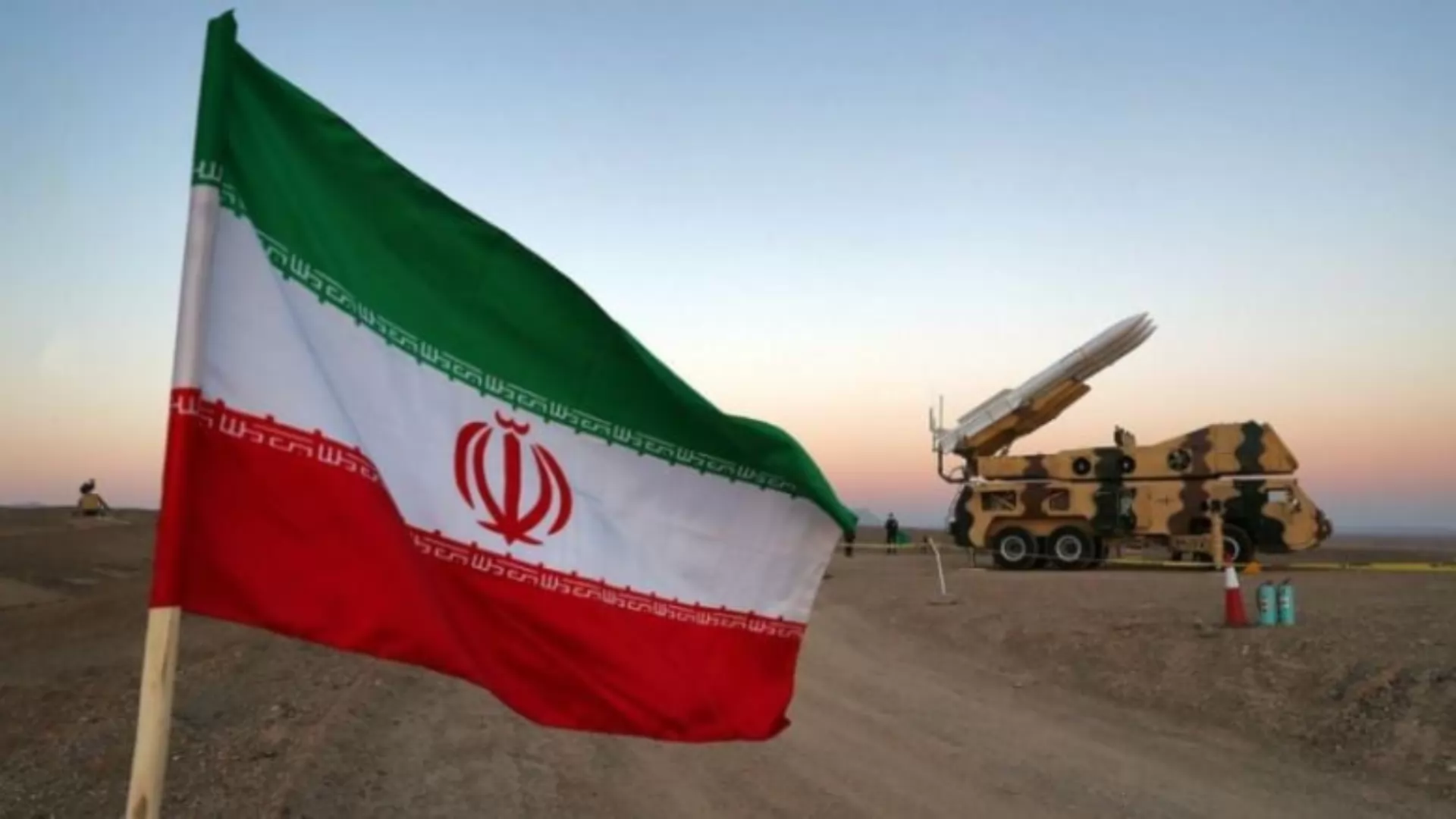
News Update
Purbaya Gives Ministries 16-Day Deadline to Finalize Budget
/index.php
Crypto News - Posted on 14 June 2025 Reading time 5 minutes

Tensions in the Middle East have once again reached a boiling point after Israel officially declared war on Iran, following a large-scale airstrike targeting several strategic sites, including the Natanz nuclear facility and the Islamic Revolutionary Guard Corps (IRGC) headquarters in Tehran. The strike also claimed the life of General Hossein Salami, one of the IRGC’s top commanders.
Israeli Prime Minister Benjamin Netanyahu stated that the military campaign, codenamed Operation Rising Lion, aims to dismantle Iran’s nuclear weapons program and will continue "as long as necessary to eliminate the threat." In the wake of the military offensive, the Israeli government also declared a national state of emergency.
The digital asset market has been rattled by the escalation of military conflict between Israel and Iran. Bitcoin and Ether prices plummeted sharply in Friday’s trading session, driven by investor fears over rising global geopolitical uncertainty.
According to reports from Reuters, Bitcoin fell by more than 2%, while Ether dropped by as much as 5.5% in the past 24 hours. Meanwhile, data from Decrypt revealed that Bitcoin prices briefly plunged more than 4%, reaching as low as US$103,556 due to automated sell-offs triggered by the conflict news.
Analytics platform CoinGlass recorded massive liquidations in the crypto derivatives market, with over US$1 billion in long positions wiped out in a single day. Of that total, approximately US$945 million were long Bitcoin positions.
As geopolitical tensions escalate, global investors have begun shifting their portfolios toward safe-haven assets such as the US dollar, Japanese yen, Swiss franc, and gold. Interest in high-risk assets has dropped sharply.
“Bitcoin continues to behave like a speculative tech stock, highly sensitive to global uncertainty,” noted an analyst at Chainform Capital. As a result, highly liquid cryptocurrencies such as BTC, ETH, XRP, and SOL have become the first instruments to come under pressure amid market turmoil.
Despite the sharp short-term drop, some market analysts believe a recovery in crypto prices could occur if the military escalation is contained. However, with the backdrop of high global inflation and rising energy prices, market volatility is expected to persist in the near term.
The military crisis that erupted in the early hours of June 13, 2025, underscores the extreme sensitivity of global financial markets—including crypto—to geopolitical conflict. Bitcoin’s decline of up to 3%, alongside a broader drop in global equity markets and a spike in oil prices, serves as a stark reminder of market vulnerability to regional instability.
As long as the Israel-Iran conflict shows no sign of de-escalation, the stability of the digital asset market is expected to remain under pressure. Investors are advised to stay vigilant, monitor geopolitical developments closely, and manage their positions with a risk-oriented investment approach.
What do you think about this topic? Tell us what you think. Don't forget to follow Digivestasi's Instagram, TikTok, Youtube accounts to keep you updated with the latest information about economics, finance, digital technology and digital asset investment.
DISCLAIMER
All information contained on our website is summarized from reliable sources and published in good faith and for the purpose of providing general information only. Any action taken by readers on information from this site is their own responsibility.